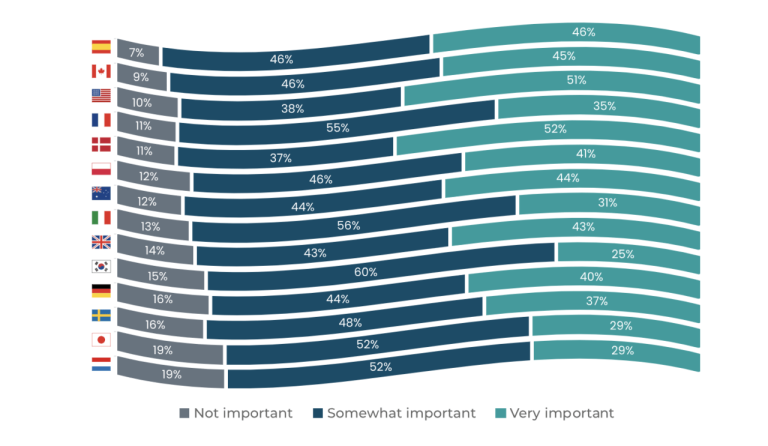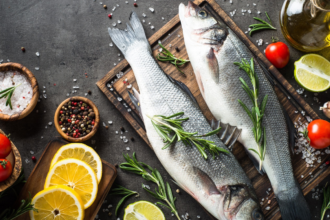Certification Labels “essential” to guide seafood consumers
One of the largest market studies conducted to date on the perception and consumption habits of seafood, involving 15,000 consumers across 14 countries, has been carried out by the Aquaculture Stewardship Council (ASC). The study concluded that certification labels are essential to guide consumers in their supermarket choices.
According to Aquaculture Magazine, wich cites e study, consumers place greater trust in independent certification schemes, with 21% of respondents considering these schemes more reliable than environmental organisations, seafood brands, or retailers. Additionally, certification logos are associated with higher quality and safety, with the highest recognition in Germany and the lowest in Japan.
Willem de Bruijn, ASC’s Director of Markets and Communications, stated: “The results show that consumers still have a strong interest in seafood due to its taste and health benefits and are willing to pay for it.” However, he added, “It is surprising that while two-thirds of consumers are interested in buying more sustainable products, only 2% spontaneously think of sustainability when purchasing fish or seafood. This indicates that consumers need visual certification labels to help them make conscious choices.”
The ASC is the most recognised label for farmed seafood in the surveyed countries, with high levels of trust, particularly in Germany and the Netherlands. The ASC label is associated with sustainability, responsibility, quality, and safety, and is deemed more reliable than other sustainability labels.
The study also revealed that 83% of consumers are motivated to choose seafood with sustainability labels, prioritising factors such as product safety and health. Social responsibility and worker welfare are less important considerations.
Interest in sustainability is highest in Northwestern Europe, followed by Southern Europe and North America, with Asia ranking lowest. Italy had the highest percentage of consumers opting for sustainable products (82%), while Japan had the lowest (48%).
This research is part of a series of biennial, multi-market quantitative studies conducted by the ASC to monitor global and regional trends in consumer awareness, attitudes, trust, and engagement with responsibly farmed seafood and the ASC certification and labelling programme. The most recent fieldwork was conducted between November and December 2023 by the independent market research agency, The Conversation Studio, including new countries such as Poland, Sweden, Denmark, and South Korea, alongside those surveyed previously.






